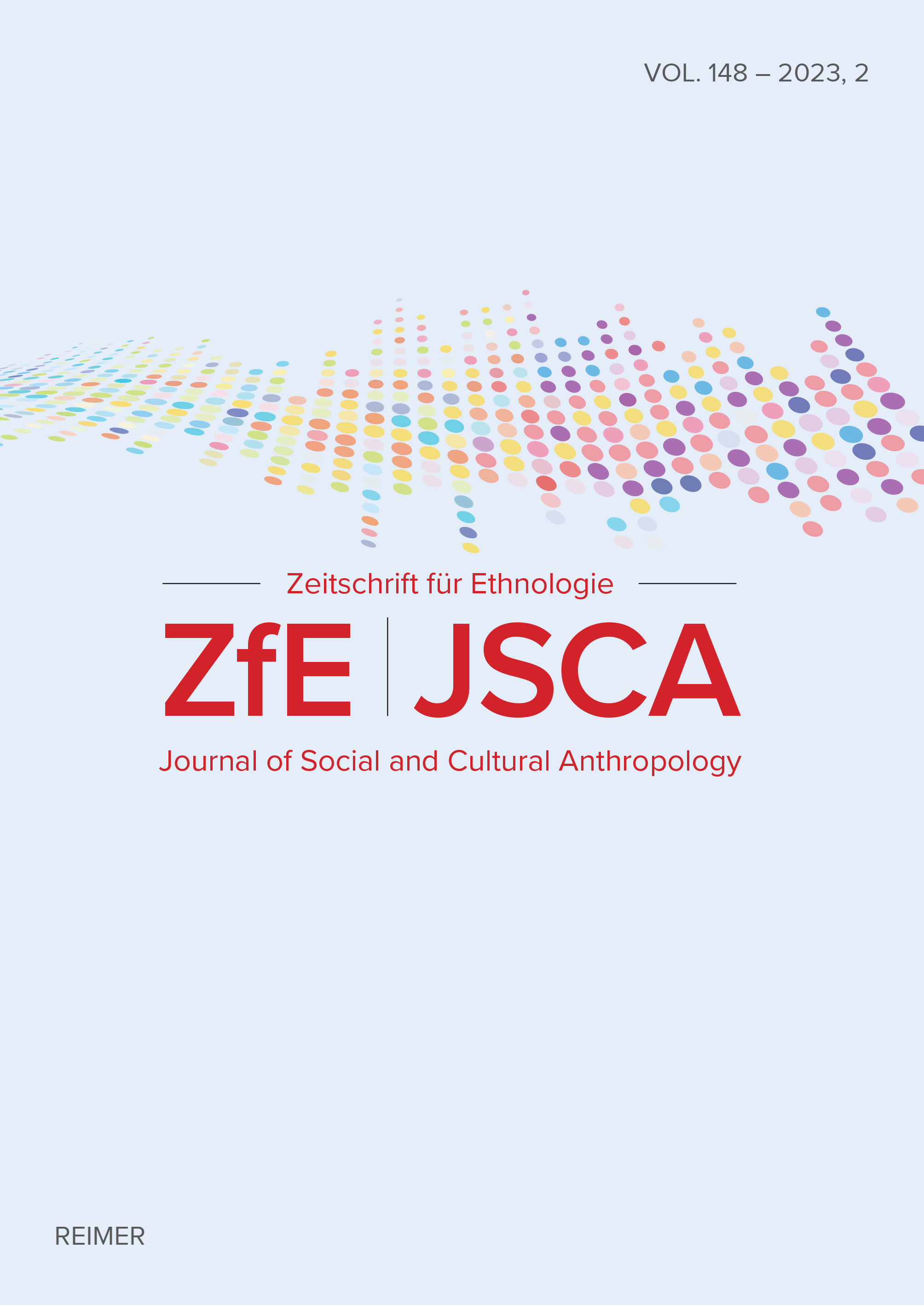‘Indigenous Encyclopedias’: Displacements and the Repositioning of Logics, Voices and Narratives in the Relationship between Museums and Indigenous Groups (Brazil)
Main Article Content
Abstract
This article seeks to bring value to the claims of Indigenous Peoples in Brazil through ‘encyclopedias’, libraries or dictionaries, forms of expression that indicate respect for elders and ancestors. It is developed within the political context of a struggle for constitutional rights, where land rights are at the center of complex historical issues marked by violence and violations. It recognizes the role of museums as active agents, especially with respect to collaborative actions in which indigenous groups and their representative agencies directly participate in museum actions with their ancestors’ objects. A collaborative experience is described in relation to the exhibition Resistência Já! Strengthening and Unity of Indigenous Cultures - Kaingang, Guarani Nhandewa and Terena, MAE-USP. Throughout the discussion, reflections on museal collaboration are raised and indigenous authors embedded with the aim of expanding the point of view of museums and their working methods with comprehensive and active indigenous participation. The position of indigenous actors on cultural knowledge transmission and the elders’ role results in an increased political appreciation of the ‘encyclopedias’.
Article Details

This work is licensed under a Creative Commons Attribution-NonCommercial-NoDerivatives 4.0 International License.

